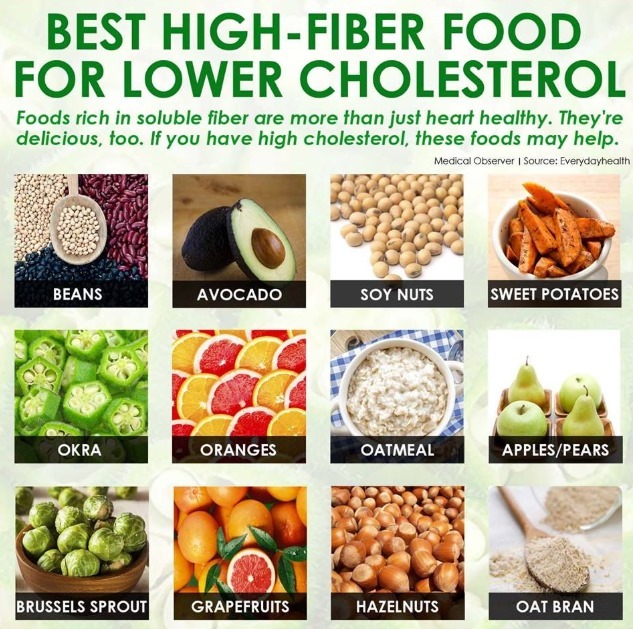+918042781554

This is your website preview.
Currently it only shows your basic business info. Start adding relevant business details such as description, images and products or services to gain your customers attention by using Boost 360 android app / iOS App / web portal.
Role of Cholesterol in Heart Disease

Cholesterol is one of the most misunderstood topics in cardiovascular health. In my years of practice as a preventive cardiologist, I have seen firsthand the confusion, fear, and misinformation that surrounds this substance. Patients often come to me concerned about cholesterol-lowering medications like statins, fearing side effects such as liver damage, cancer, or the depletion of essential nutrients like CoQ10. Some patients even question whether taking these medications is effective or worth the money. While there is no shortage of misconceptions about cholesterol, the reality is that cholesterol itself is neither inherently good nor bad. It’s a vital substance that our bodies need for a range of functions, including hormone production, bile formation for digestion, and the formation of cell membranes. The real issue lies in understanding how cholesterol behaves in the body, how it is transported through the bloodstream, and how it interacts with the vascular system, particularly in the context of cardiovascular disease (CVD). In my next few posts will be discussing about how cholesterol contributes to arterial plaque formation, heart attack and address some of the common myths and facts surrounding cholesterol-lowering medications.

